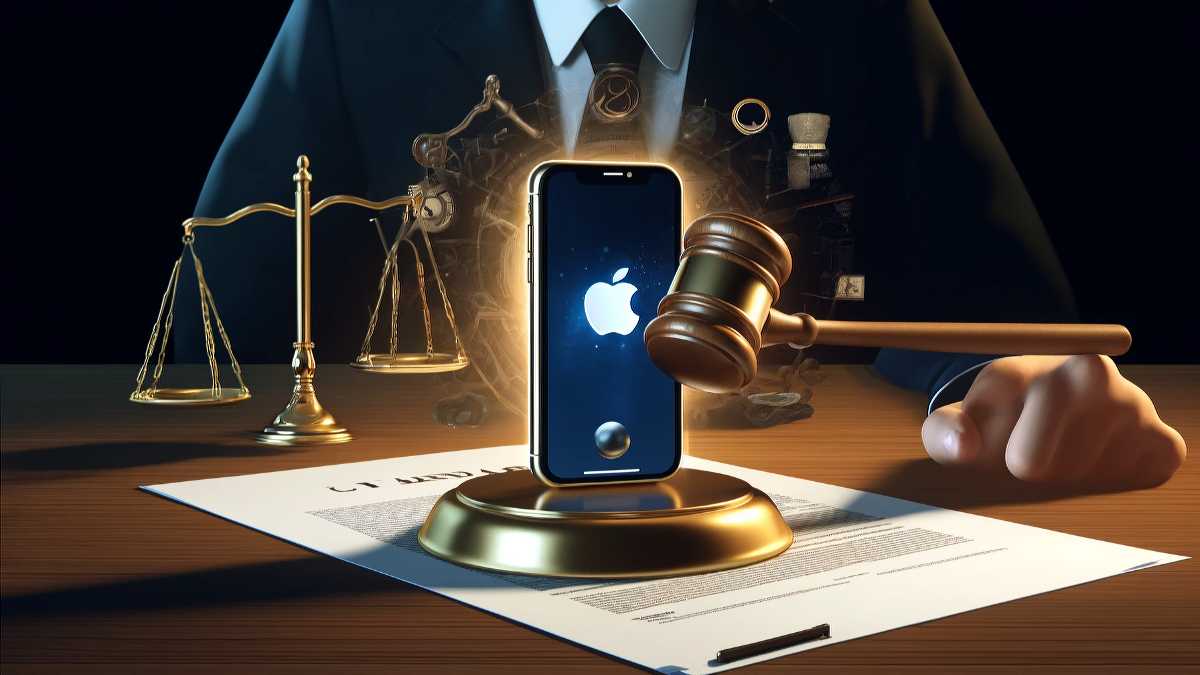iPhone Class Action Lawsuit: Everything You Need to Know
Introduction
The iPhone class action lawsuit has gained significant attention, affecting millions of users. The case centers around allegations that Apple deliberately slowed down older iPhones through software updates, misleading consumers. This lawsuit could result in financial compensation for eligible users. In this guide, we’ll cover the lawsuit details, who qualifies for a settlement, and how you can claim your compensation.
Understanding the iPhone Class Action Lawsuit
What is the iPhone Class Action Lawsuit?
The iPhone class action lawsuit accuses Apple of intentionally reducing the performance of older iPhones without properly informing users. This practice, known as “planned obsolescence”, allegedly forced many customers to upgrade their devices prematurely. The lawsuit claims that Apple’s actions deceived consumers and violated consumer protection laws.
Why Was Apple Sued?
Apple faced legal action because of its failure to disclose that software updates affected battery performance. Users believed their devices were naturally slowing down, leading to unnecessary purchases of new iPhones. The lawsuit demands compensation for affected consumers.
Which iPhones Are Affected?
The lawsuit primarily covers the following models:
- iPhone 6, 6 Plus, 6s, 6s Plus
- iPhone 7, 7 Plus
- iPhone SE (First Generation)
These models experienced significant slowdowns after software updates, making them the focal point of legal proceedings.
How to Check If You Are Eligible for Compensation
Who Can File a Claim?
If you owned an affected iPhone and experienced performance issues due to Apple’s software updates, you may qualify for compensation. The eligibility criteria include:
- Owning one of the affected iPhone models
- Experiencing noticeable slowdowns after iOS updates
- Being a resident of a region where the lawsuit settlement applies
How Much Compensation Can You Receive?
The settlement amount varies based on the severity of the slowdown and the number of claims filed. Users may receive between $25 to $500, depending on their case details.
How to File a Claim?
To file a claim, follow these steps:
- Visit the official claims website (if applicable to your country).
- Provide proof of device ownership, such as purchase receipts or Apple ID verification.
- Describe performance issues you faced after updating your iPhone.
- Submit your claim before the deadline to qualify for compensation.
Apple’s Response to the Lawsuit
Did Apple Admit to Slowing Down iPhones?
Apple acknowledged slowing down older iPhones but claimed it was necessary to prevent unexpected shutdowns due to battery degradation. The company insisted the move aimed to enhance user experience, not force upgrades.
What Changes Did Apple Implement?
Following the lawsuit, Apple introduced several measures to address concerns:
- Battery Health Feature: Allows users to check battery performance and degradation levels.
- Performance Management Toggle: Gives users control over performance throttling.
- Battery Replacement Discounts: Apple offered discounted battery replacements for affected models.
These changes were designed to provide transparency and prevent future legal disputes.

How the Lawsuit Affects Future Apple Devices
Apple’s class action lawsuit has reshaped how tech companies handle software updates and device longevity. As a result:
- Greater Transparency: Apple now discloses how software updates affect performance.
- Extended Battery Lifespan Measures: Newer iPhones feature optimized battery health monitoring.
- Legal Precedents: This lawsuit has influenced consumer protection laws worldwide.
FAQ Section
1. What is the latest update on the iPhone class action lawsuit?
The lawsuit is still undergoing legal proceedings, with settlements being distributed in various regions. Check official sources for the most recent updates.
2. How do I know if I qualify for compensation?
If you owned an affected iPhone and experienced performance slowdowns, you may qualify. Visit the official claim website to verify your eligibility.
3. When will I receive my settlement payment?
Payment timelines depend on the legal process and the number of claims filed. It may take several months after approval.
4. Can I still join the lawsuit if I haven’t filed a claim yet?
If the claim submission period is open, you can still apply. Otherwise, you may need to wait for future legal actions.
5. Does Apple still slow down iPhones?
Apple now provides transparency about performance management and allows users to disable throttling in battery settings.
6. What should I do if my iPhone is running slow?
Check your battery health in settings, update to the latest iOS version, and consider replacing the battery if necessary.
Conclusion
The iPhone class action lawsuit highlights the importance of consumer rights and corporate transparency. If you were affected, you might be eligible for compensation. Stay informed about settlement updates and file a claim before the deadline. Apple has since made changes to ensure better transparency, but this lawsuit serves as a reminder for tech companies to prioritize customer trust.

